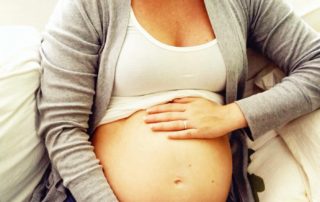Acupuncture for the Treatment of Menopausal Hot Flashes
Many women report vasomotor symptoms, including hot flushes and night sweats, during the menopausal transition. While estrogen is clearly one of the most effective treatments for vasomotor symptoms, recent concerns regarding the use of hormone replacement therapy (HRT) have made treaters much more reluctant to recommend HRT, even for short-term management of vasomotor symptoms. A recent study has demonstrated that acupuncture may be an effective non-hormonal treatment for vasomotor symptoms.









